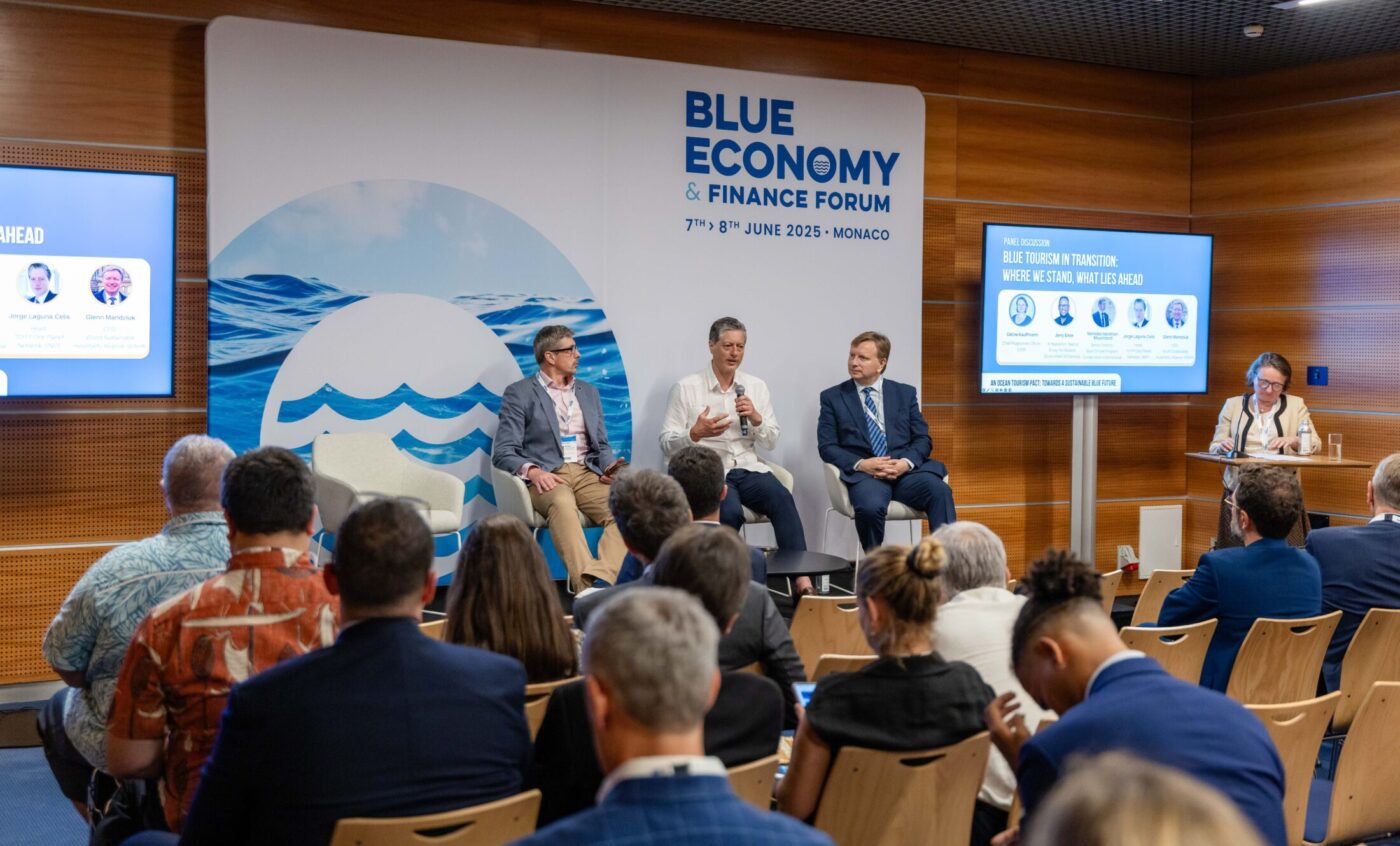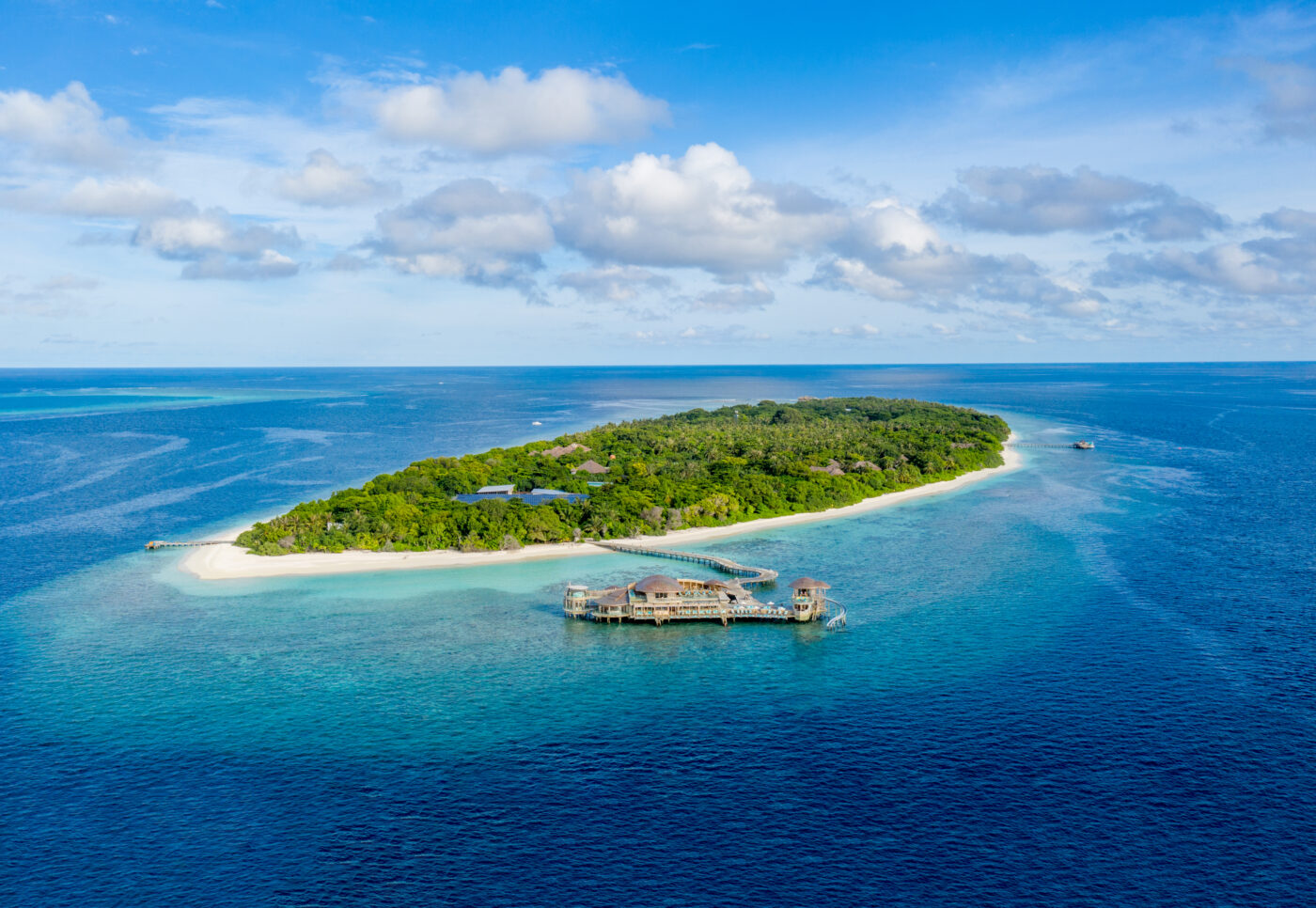Hotels are some of the most energy-intensive1 buildings in the world. For most hotels, energy is amongst the highest expenditures of the business. With energy prices soaring across the world, and growing pressure for the sector to respond to the climate crisis, hotels are looking for ways to reduce how much energy they use in their operations.
What can your hotel do?
There are various things you can do to reduce your energy usage. It is important to weigh up different options and generate a personalised action plan suitable for your hotel.
Some actions can be done at a low cost and have a short payback period, for example replacing light bulbs with LEDs, which can reduce energy usage by 75%, and can last up to 25 times longer than regular bulbs2. You could also service your boiler regularly to identify faults before bigger and more expensive repairs are necessary.
Other actions might require a larger upfront cost or longer payback period but can save you more in the long term, such as replacing appliances with more energy efficient models, or installing a building management system to control heating, cooling and ventilation.
Whatever actions you decide to take, a helpful first step is to measure and track your energy usage to understand your impacts and prioritise taking action in areas which will have the highest impact. Our simple utilities tracker can help with this.
12 simple and cost-effective tips
There are lots of other easy, low-cost changes you can make which can also make a big difference:
- Don’t operate heating and cooling systems at the same time. For example, set heating to turn off at 21oC and air condition to turn on at 23-24oC, so there is no overlap.
- Avoid overheating guest rooms and corridors – 19-21oC is comfortable. Turning down your thermostat by just 1oC can reduce your annual heating bill by 10%3.
- Install timer switches and thermostats on your radiators to ensure you have good control of your heating systems and you are not heating spaces unnecessarily.
- Install occupancy sensors or daylight sensors so lights are only on when needed.
- Don’t overheat water – 60oC is ideal.
- Insulate pipes and block draughts around windows and doors.
- Install low-flow taps and shower heads in guest rooms to reduce the amount of hot water required.
- Defrost fridges regularly, and make sure the seals on fridge and cold room doors are secure.
- Reconfigure kitchens so that heating appliances (e.g. ovens or hobs) are not next to cooling appliances (e.g. fridges or freezers).
- Use a pool cover when the pool is not in use.
- If your current energy tariff is due to expire, look for renewable energy options as these can be cheaper (and are more sustainable) than traditional providers using oil and gas.
- Engage staff so they understand what can be done and how they can support savings (e.g. turning lights off when not in use).



